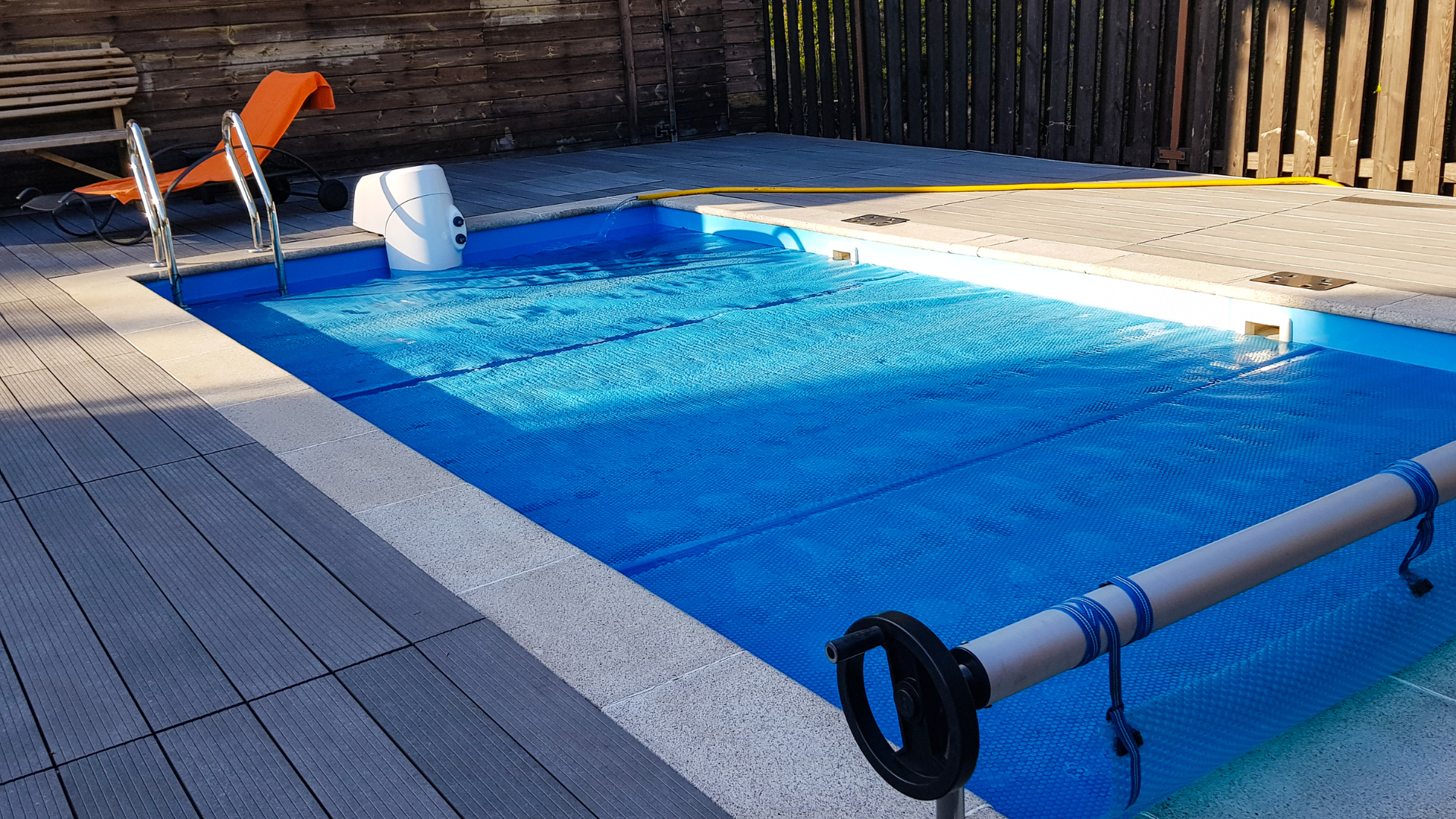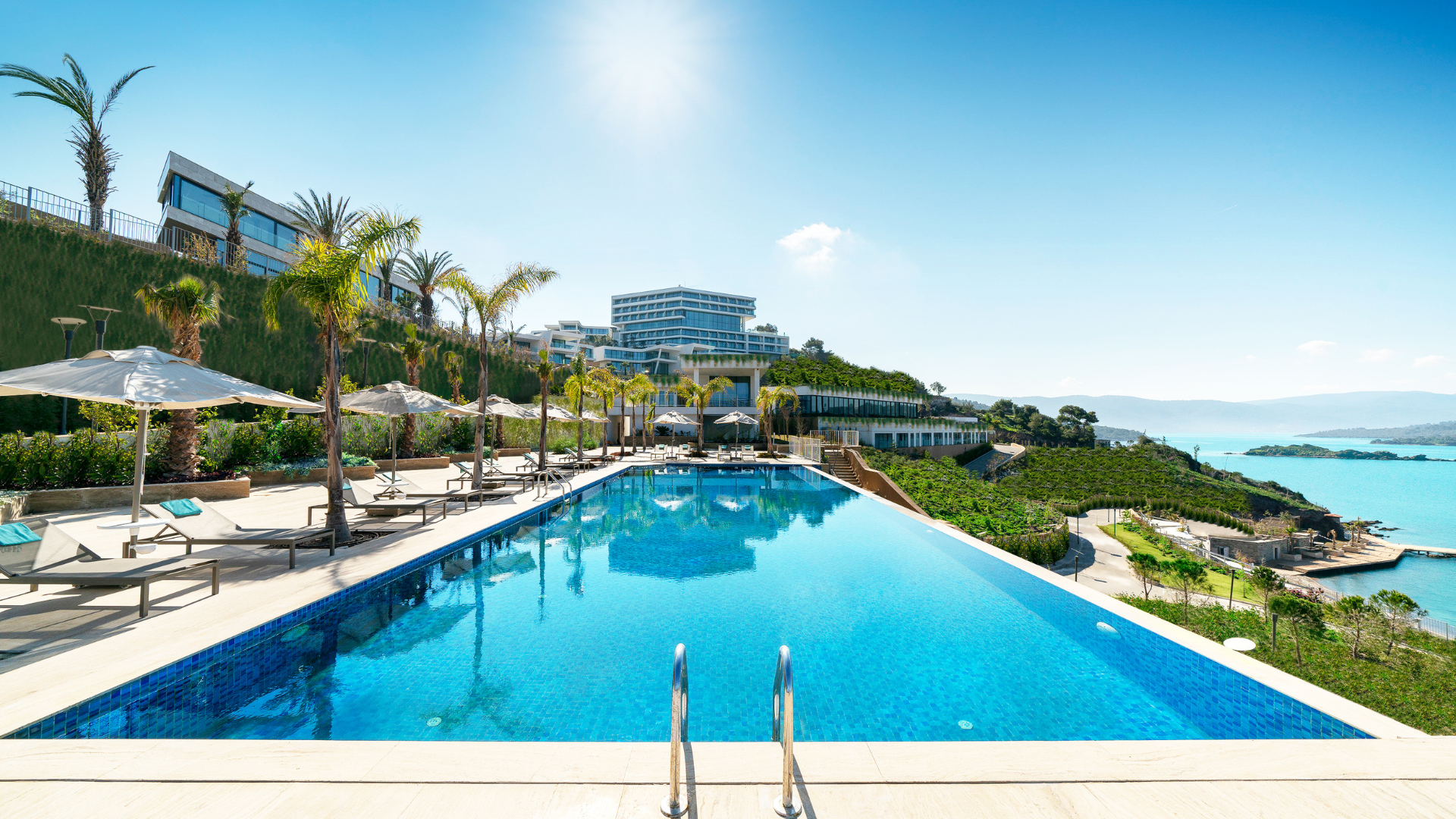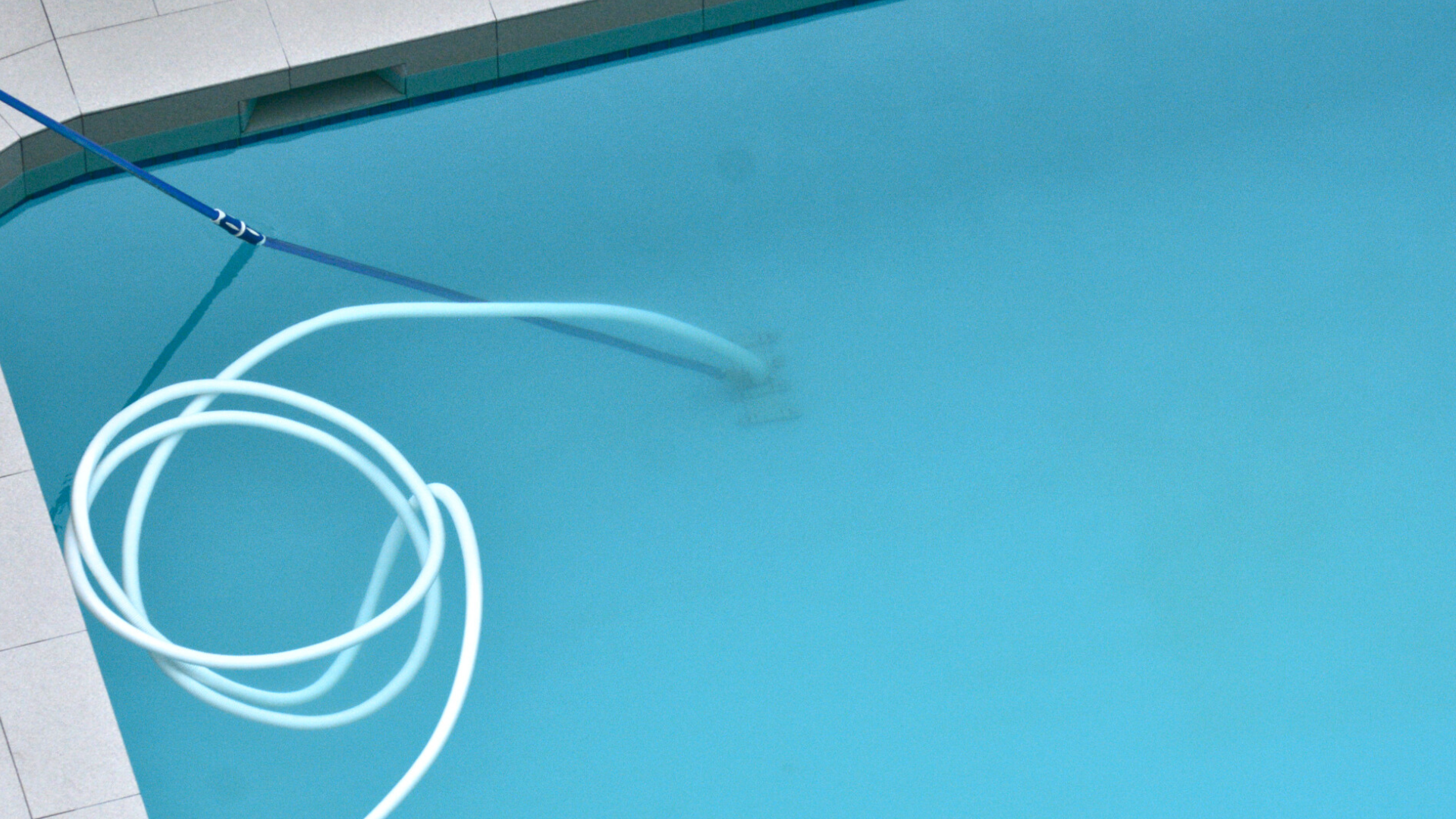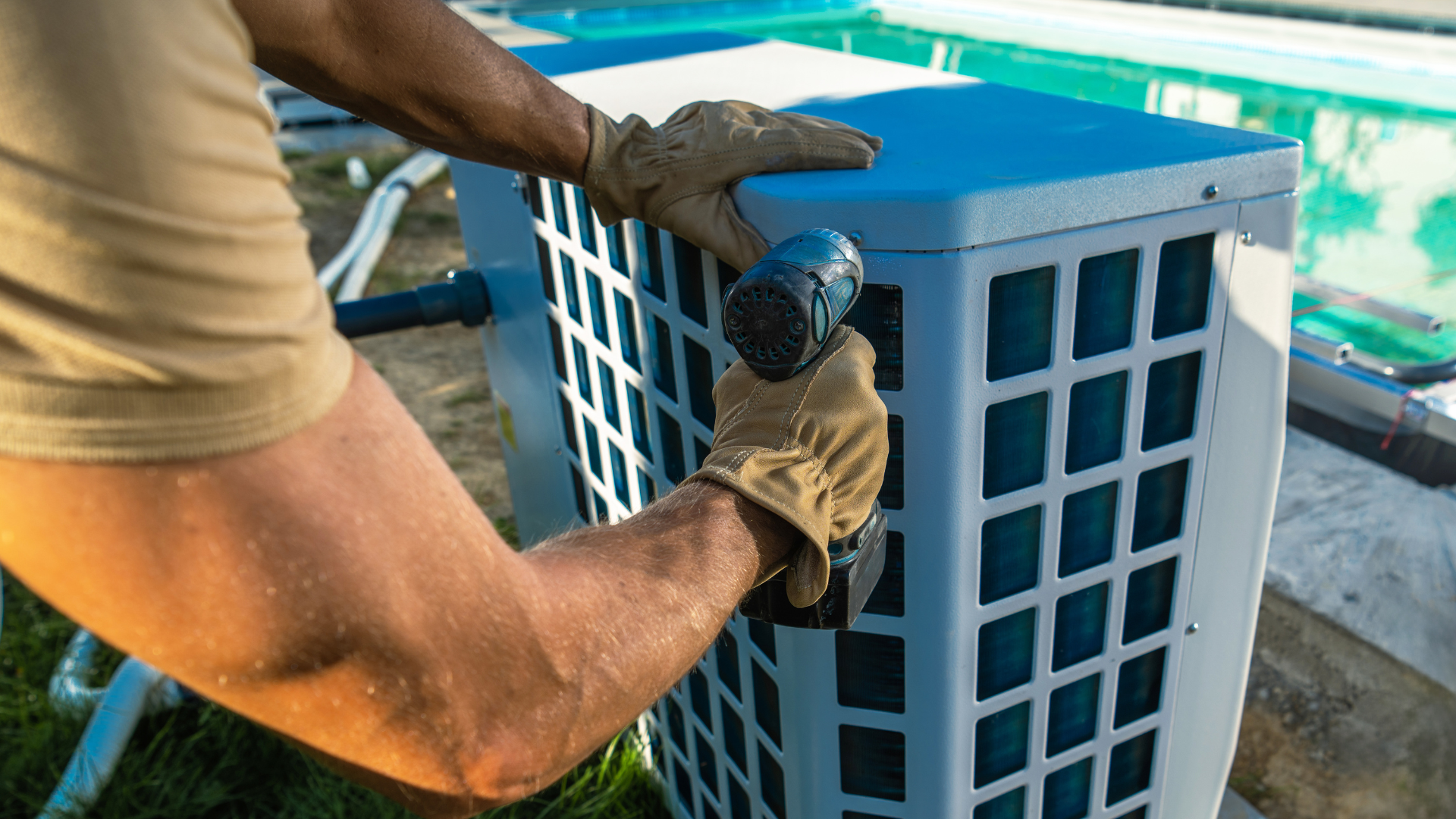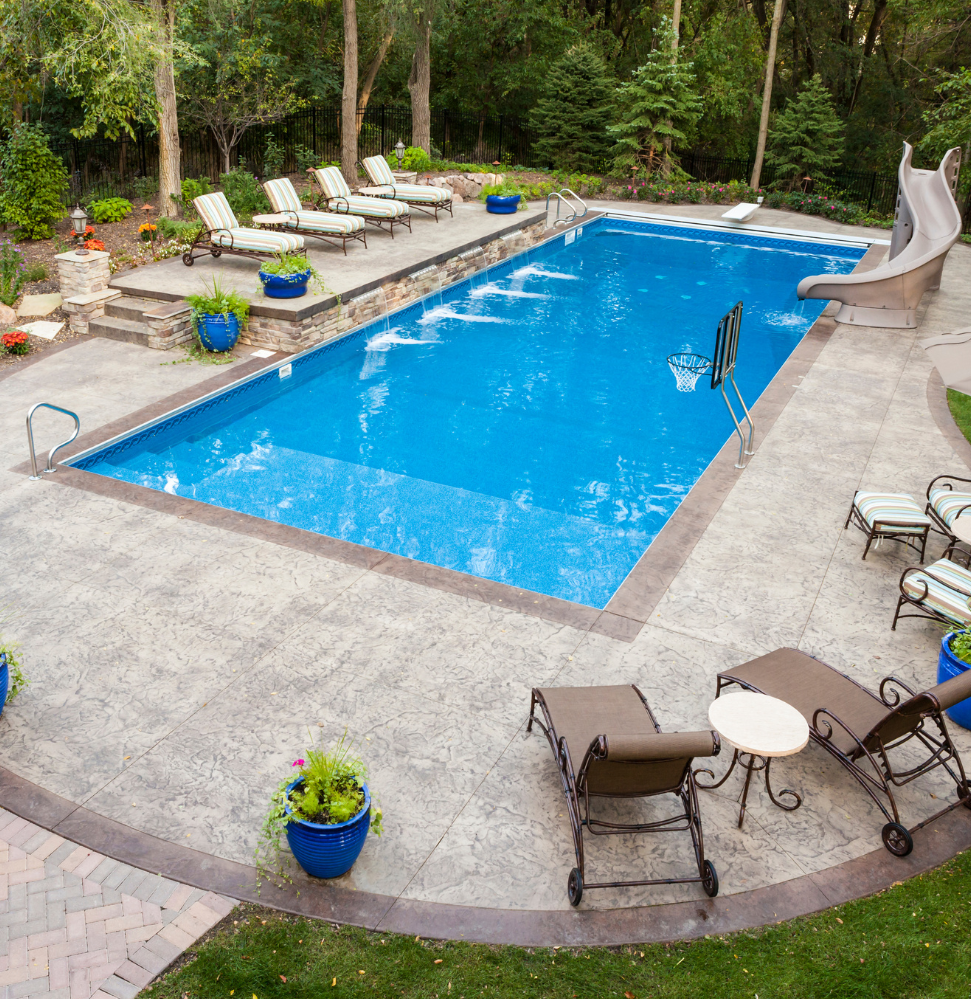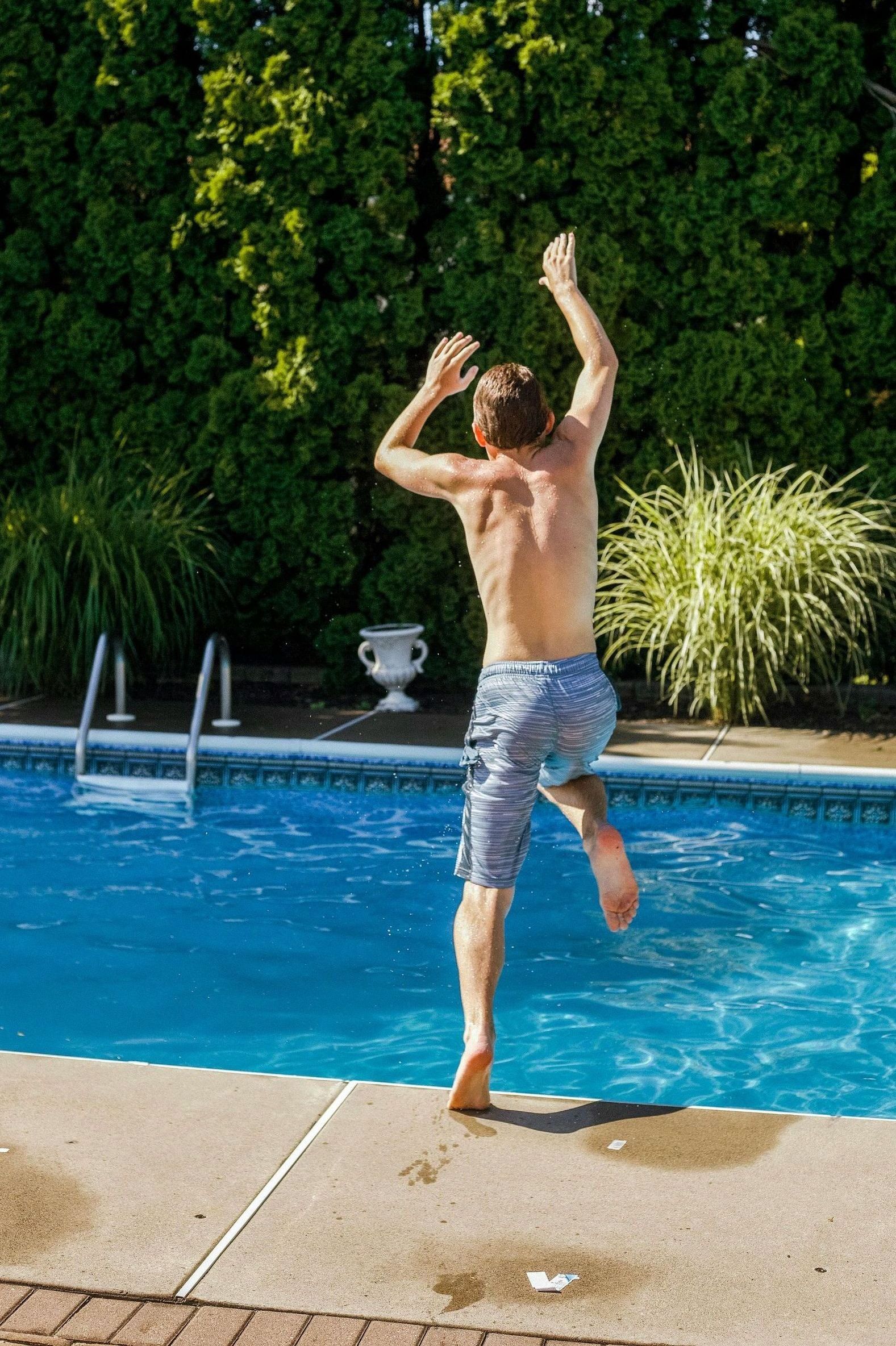Is Your Pool Looking Green? Here’s What’s Really Going On
From Green to Clean
You’ve waited all winter to jump back in—and instead of sparkling blue water, your pool has transformed into a murky, green mess. While frustrating, a green pool is a common issue many homeowners face, especially during the spring and early summer. But what exactly causes this unwelcome transformation, and how can you fix it quickly and safely?
At The Pool Chemist, we specialize in restoring your pool to perfect health. Let’s break down what’s really happening beneath the surface, why DIY fixes often fall short, and how our expert services can get your backyard oasis back on track—fast.
What Causes Green Pool Water?
The primary culprit behind green pool water is algae overgrowth, typically caused by poor water chemistry. Algae spores exist in the environment naturally and can enter your pool through wind, rain, or even on swimsuits and pool equipment. Once they’re in, they thrive in water with:
- Low chlorine levels
- Poor circulation or filtration
- High phosphate levels
- Warm temperatures
- Imbalanced pH or alkalinity
When your pool’s chemical balance is off—even slightly—algae can multiply rapidly. In just a day or two, your clear water can turn green and cloudy.
Is Green Water Dangerous?
While not always immediately harmful, green water is a clear sign your pool isn’t safe to swim in. Algae itself isn’t necessarily toxic, but it creates a breeding ground for harmful bacteria like E. coli and Salmonella. It also leads to slippery surfaces, increasing the risk of accidents.
Additionally, out-of-balance water can irritate your eyes, skin, and respiratory system. If you or your family members have sensitive skin, asthma, or allergies, swimming in an improperly treated pool can trigger symptoms.
Why DIY Algae Treatments Often Don’t Work
You might be tempted to “shock” your pool with over-the-counter chemicals and hope for the best. But without a proper understanding of your pool’s specific chemistry, this can backfire.
Too much shock can damage your pool equipment and surfaces, while too little won’t kill all the algae. It’s also common for algae to return quickly after a DIY treatment if the root causes—like filtration issues or phosphate buildup—aren’t addressed.

The Pool Chemist’s Proven Green-to-Clean Process
At The Pool Chemist, we do more than just treat the symptom—we fix the cause. Our green pool recovery services include:
1. Comprehensive Water Testing
We don’t guess—we test. Our specialists analyze your pool water’s pH, chlorine, alkalinity, phosphate, and calcium hardness levels to determine the precise adjustments needed.
2. Algae-Specific Treatment
Based on the results, we apply a targeted algaecide treatment, paired with a shock treatment calibrated to your pool’s size and condition. This ensures a thorough, effective kill.
3. Filter Inspection and Cleaning
Algae clogs your pool’s filter, reducing effectiveness. We inspect and clean or backwash your filter system to ensure proper circulation.
4. pH and Chlorine Balancing
Once algae are eliminated, we restore and stabilize your water chemistry to prevent future blooms—keeping your water crystal clear and safe.
5. Follow-Up Maintenance
We recommend a short-term follow-up service to monitor chemical levels and fine-tune your pool’s needs as it transitions back to regular use.
Prevention Is Key
Once we’ve cleared the green, we help you keep it that way. Routine service from The Pool Chemist includes:
- Weekly testing and adjustments
- Filter and pump maintenance
- Early detection of imbalances
- Seasonal chemical treatments
With professional oversight, your pool remains safe, balanced, and beautiful year-round.
Don’t Let Algae Spoil Your Season
If your pool’s gone green, don’t panic—and don’t waste time with guesswork. Our team at The Pool Chemist is ready to restore your pool quickly and safely so you can get back to enjoying it.
Schedule a green pool assessment today, and let’s take your backyard from green to gleam.
